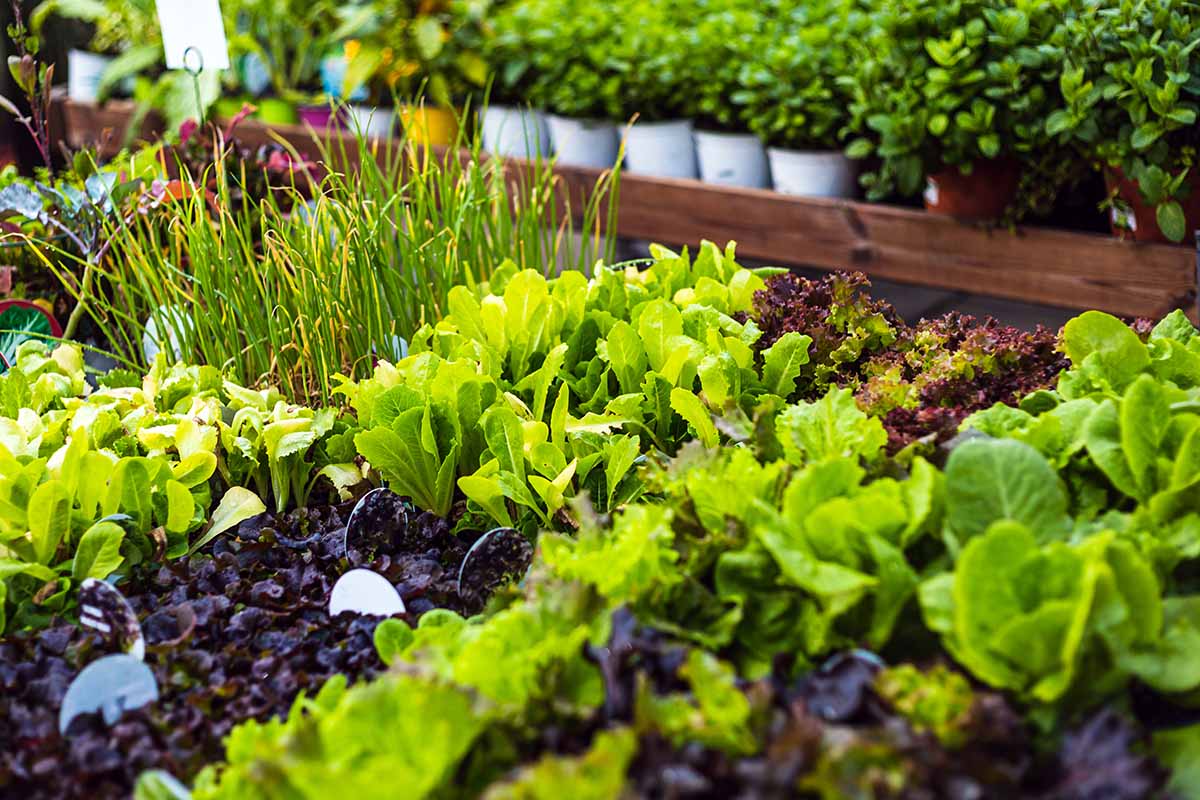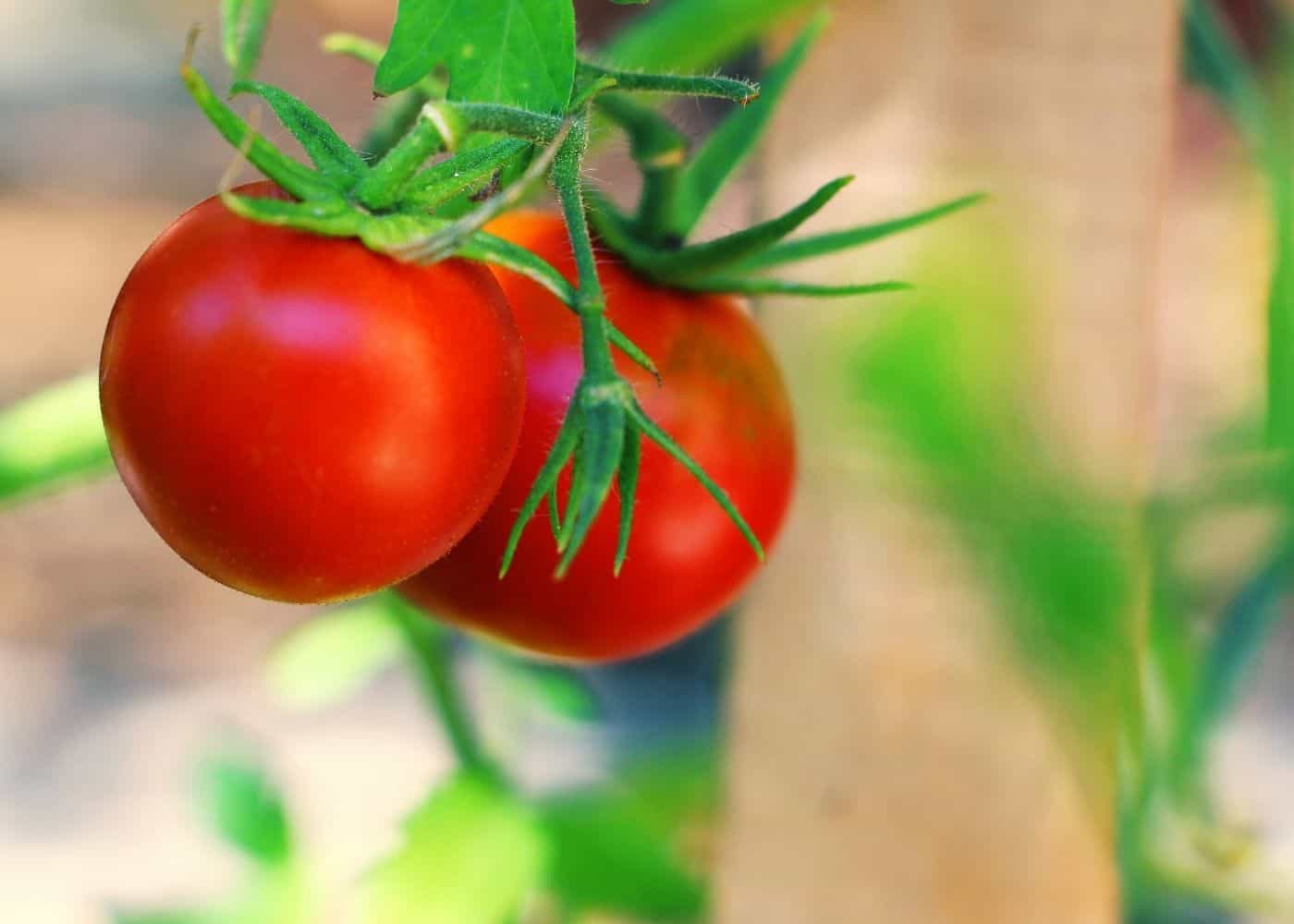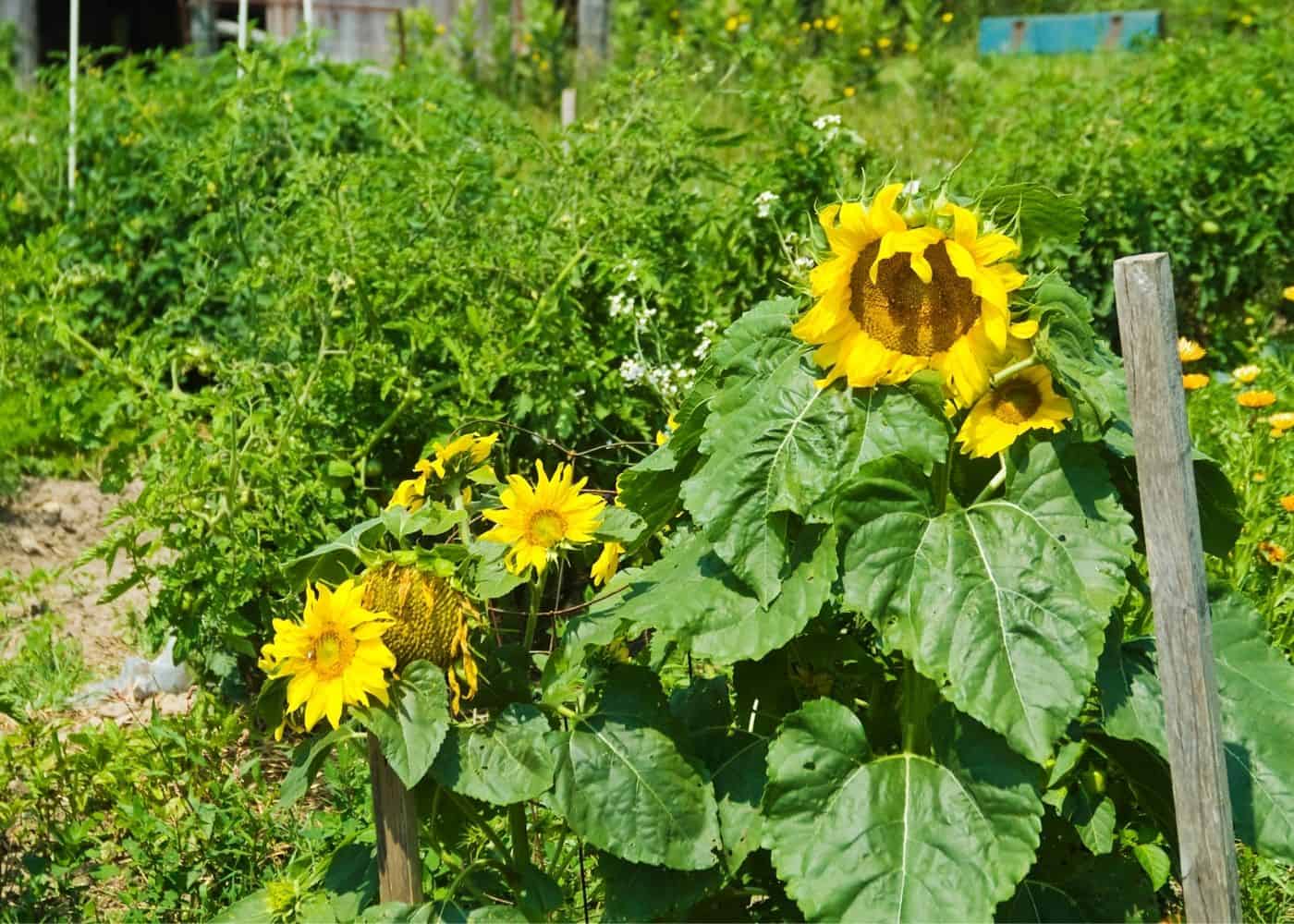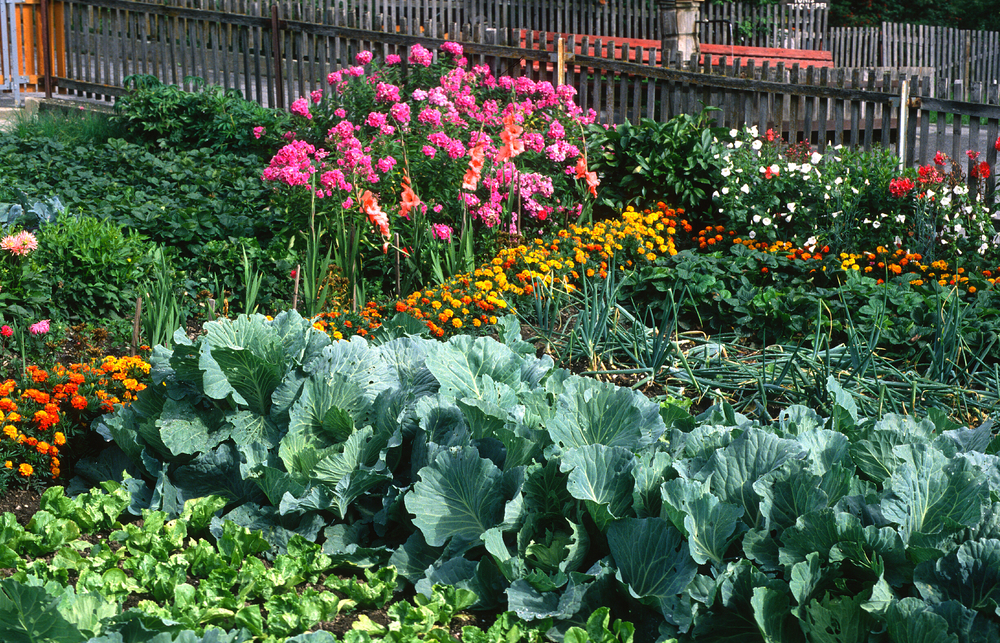The Best Buckwheat Companion Plants
The Best Buckwheat Companion Plants
Buckwheat is a versatile plant that can be grown for its grain, its seeds, or its leaves. It is also a valuable companion plant for other crops, as it can help to attract beneficial insects, suppress weeds, and improve soil health.
In this blog post, we will discuss the best companion plants for buckwheat. We will also provide some tips on how to plant and care for these plants together.
Introduction
Buckwheat is a member of the Polygonaceae family, which also includes rhubarb, sorrel, and knotweed. It is a fast-growing annual that can reach heights of up to 6 feet. Buckwheat flowers are white or pink, and they bloom for about two weeks.
Buckwheat is a good choice for companion planting because it has a number of beneficial qualities. For example, it:
- Attracts beneficial insects, such as ladybugs, hoverflies, and parasitic wasps. These insects help to control pests, such as aphids, spider mites, and whiteflies.
- Suppresses weeds. Buckwheat's dense growth shades out weeds, making it difficult for them to germinate.
- Improves soil health. Buckwheat's roots help to break up compacted soil, and its leaves add organic matter to the soil.
Main Content
Here are some of the best companion plants for buckwheat:
- Brassicas. Brassicas, such as broccoli, cabbage, and kale, benefit from the presence of buckwheat. Buckwheat helps to attract beneficial insects that prey on pests that attack brassicas.
- Carrots. Carrots and buckwheat are both root crops, and they benefit from each other's presence. Buckwheat helps to suppress weeds that compete with carrots, and carrots help to improve the soil structure for buckwheat.
- Cucumbers. Cucumbers and buckwheat are both heavy feeders, and they benefit from each other's nutrient requirements. Buckwheat helps to fix nitrogen in the soil, which is beneficial for cucumbers.
- Melons. Melons and buckwheat are both heat-loving plants, and they benefit from being planted together. Buckwheat helps to shade the melons from the hot sun, and the melons help to provide moisture for buckwheat.
- Potatoes. Potatoes and buckwheat are both susceptible to the same pests, so they benefit from being planted together. Buckwheat helps to attract beneficial insects that prey on pests that attack potatoes.
Tips for Planting and Caring for Buckwheat
Here are some tips for planting and caring for buckwheat:
- Sow buckwheat seeds in early spring or late summer.
- Plant buckwheat seeds 1/2 inch deep and 4 inches apart.
- Buckwheat does not need a lot of water, but it does need full sun.
- Mulch around buckwheat plants to help suppress weeds.
- Harvest buckwheat when the flowers are just starting to fade.
Conclusion
Buckwheat is a versatile and beneficial plant that can be grown for a variety of purposes. It is also a valuable companion plant for other crops. By planting buckwheat with the right companion plants, you can help to improve your garden's productivity and health.
Buckwheat is a versatile plant that can be used for a variety of purposes, including food, feed, and cover crop. It is also a great companion plant for other crops, as it helps to attract pollinators and improve soil health.
If you are interested in learning more about buckwheat companion plants, I recommend visiting Home Gardening. This website has a wealth of information on the topic, including a list of compatible plants, tips for planting and harvesting, and recipes for using buckwheat in the kitchen.
Image of buckwheat companion plants
10 different images of buckwheat companion plants that are free to use:
- Cucumbers: Buckwheat can help to repel cucumber beetles, which can be a major pest of cucumbers.

- Peas: Buckwheat can help to improve the nitrogen content of the soil, which is beneficial for peas.

- Carrots: Buckwheat can help to deter carrot flies, which can be a major pest of carrots.

- Lettuce: Buckwheat can help to suppress weeds, which can help to keep lettuce plants healthy.

- Spinach: Buckwheat can help to attract pollinators, which can help to improve the pollination of spinach plants.
- Tomatoes: Buckwheat can help to improve the drainage of the soil, which is beneficial for tomatoes.

- Potatoes: Buckwheat can help to suppress potato beetles, which can be a major pest of potatoes.

- Beans: Buckwheat can help to improve the nitrogen content of the soil, which is beneficial for beans.

- Sunflowers: Buckwheat can help to attract pollinators, which can help to improve the pollination of sunflowers.

- Herbs: Buckwheat can help to deter pests and diseases, which can help to keep herbs healthy.

Post a Comment for "The Best Buckwheat Companion Plants"